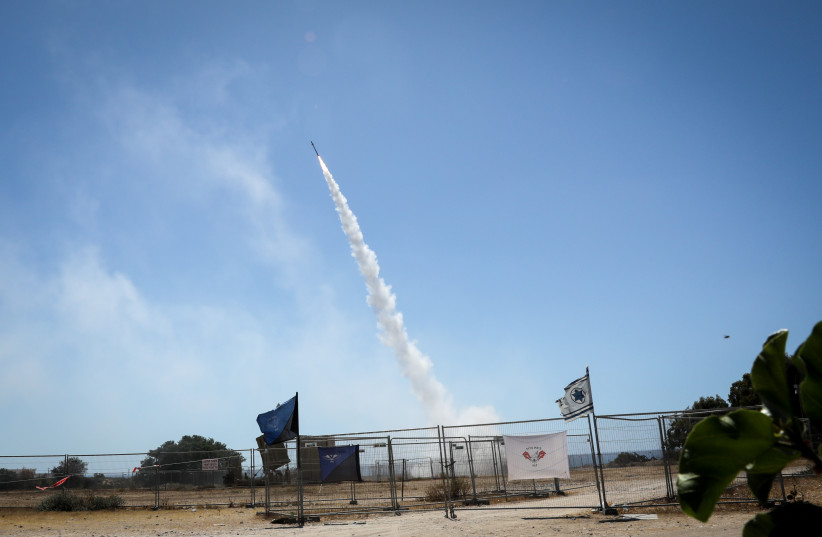On January 1, 2022, two rockets were launched from the Gaza Strip, falling into the Mediterranean Sea off the coast of Central Israel. New intelligence reports indicate that, contrary to the claim by Hamas that they were launched by accident, they were actually launched intentionally – at Tel Aviv.
At the time, it was estimated that the rockets were launched due to a technical issue, which dictated Israel’s proportional response: An attack on a rocket manufacturing facility in Khan Yunis.
Defense and intelligence officials have since changed their stance.
It is not yet known who carried out the launches.
Israel’s current estimation is that it wasn’t Hamas behind the launch, but that other terrorist organizations are responsible for it - and Hamas either turned the other cheek or gave them the green light.

The security situation has been relatively quiet since Operation Guardian of the Walls in May, which is why the Israeli defense apparatus is concerned about actions Hamas is taking to finesse its military capabilities.
Iran has increased its aid to Hamas and Palestinian Islamic Jihad (PIJ), specifically in the realm of weapons production and rocket precision.
Will the situation escalate?
According to defense officials, Hamas is choosing to keep relatively quiet now to strengthen itself for an escalation in the future.
Ramadan, a historically tense period, is fast approaching in April, and the Palestinian Authority, which has been more moderate and more willing to cooperate with Israel, is losing its political strength in the West Bank.
Translation by Sarah Ben-Nun.
